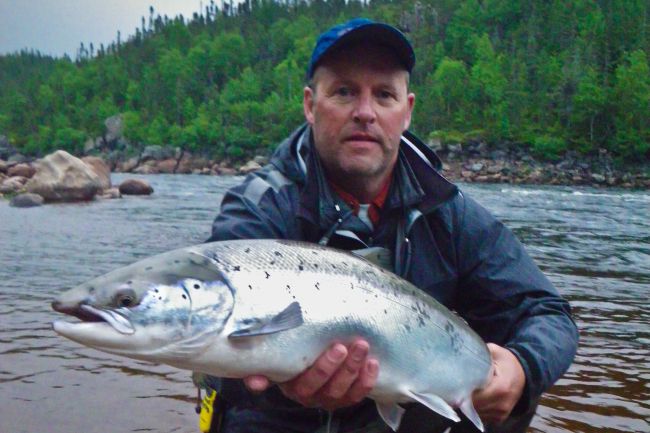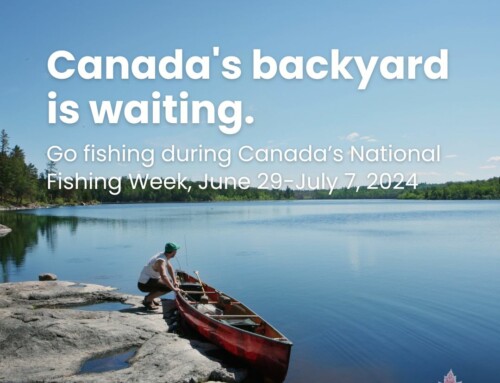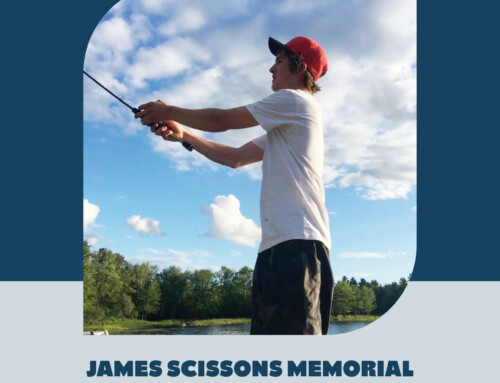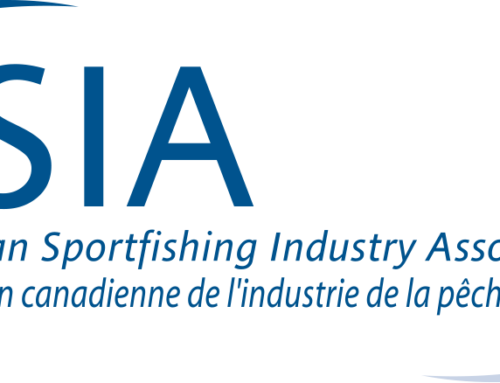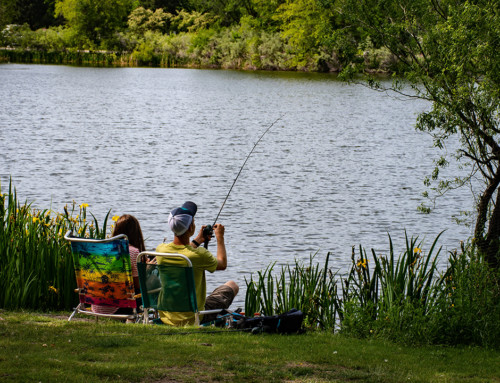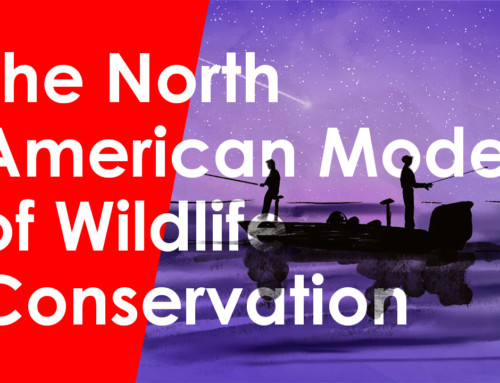Originally Published by The Telegram, May 2, 2015
By Paul Smith
On April 23, I attended the St. John’s hearings of the Ministerial Advisory Committee on Atlantic Salmon.
Federal Fisheries Minister Gail Shea struck this committee earlier in the year to address historically low salmon numbers in Atlantic Canada. The focus is on conservation measures, enforcement of rules and regulations, unsustainable international fishing and the advancement of understanding salmon through science.
Wow, that’s a mouthful. But all good stuff. And I hope Shea is serious and follows through with money and action.
I think we all agree salmon numbers are down and something needs to be done. DFO, rightly or wrongly, is indeed ultimately responsible.
The committee has, or will be, holding meetings in Halifax, Moncton, St. John’s and Quebec City. The board is chaired by Greg Roach, and consists of members from Atlantic Canada and Quebec — folks with significant depth of knowledge on all aspects of angling and Atlantic salmon. Their credentials are impressive. Roach is a marine biologist and retired high-level civil servant in the Nova Scotia fisheries department.
There are 11 members on the minister’s advisory board. Chief Terrance Paul of the Membertou Band Council represents First Nations’ concerns. St. John’s resident Graham Roome brings to the table 35 years of experience in the fishing industry. Roome is an avid angler and has worked on Exploits River enhancement programs. Bill Taylor, president of the Atlantic Salmon Federation, is vice chairman of the board. He’s a lifelong advocate and friend of Atlantic salmon. He’s also a great guy to fish with. All the folks on the board bring something special to the process and I pray to the salmon gods that we get positive results.
The purpose of the hearing, as you would expect, is to gather the views of key players in Atlantic Canada and Quebec. People who have something to say about salmon all have a chance to present to the board, either by speech, written word or both. I’m not exactly sure, but I’m guessing there were about 20 presentations in St. John’s, plus two or three by video link from Goose Bay. People had their say. It will be the task of the board to analyze the submissions and make recommendations to the federal fisheries minister. Hopefully, action will follow. I hope this is not just about political posturing and autumn elections.
I was there in St. John’s at the Ramada to listen and take pictures. I could only attend as an observer for a few hours, due to personal commitments later in the day. The presentations were so interesting and passionate, I hated having to leave after the first coffee break. Everyone had the best interest of salmon and conservation in their hearts. Even those who I don’t always agree with, like folks dead set against hook and release angling, I know believe in their cause and are dedicated stewards of fish, wildlife and wild places. We sometimes disagree, but ultimately, we are on the same team.
Don Ivany — my old MUN roommate, fellow angler and friend — attended on behalf of the Atlantic Salmon Federation (ASF). Don lives in Corner Brook and is Newfoundland’s regional director for the ASF. Ivany and Sue Scott, another ASF worker and longtime advocate for salmon, presented together. They said a lot of good stuff. But in this context, I’ll give you the highlights in my words, in a nutshell.
First and foremost, we must kill fewer salmon. There should be no retention on any river that does not meet its conservation limits. If DFO is to implement any recommendation of this advisory process, it will require more money. We all know funding has been cut in recent times. We need more science to understand what is going on. All of Labrador is managed, based on data from just four rivers. This is not good enough. There needs to be better catch data in both the aboriginal subsistence fisheries and recreational angling. The Greenland fishery must be controlled. This is huge. Seals and other predators are becoming a bigger problem. What do we do? We also need to address the negative effects of sea cage salmon farming.
We are faced with so many issues and problems. If you are a salmon person, educate yourself, read what you can and get involved. I think we are at a critical juncture in salmon angling. I will be writing more in the coming weeks about the details of the issues mentioned above. Stay tuned.
Paul Smith, a native of Spaniard’s Bay, fishes and wanders the outdoors at every opportunity. He can be contacted at flyfishtherock@hotmail.com or follow him on twitter at @flyfishtherock.
Photo courtesy of Paul Smith

